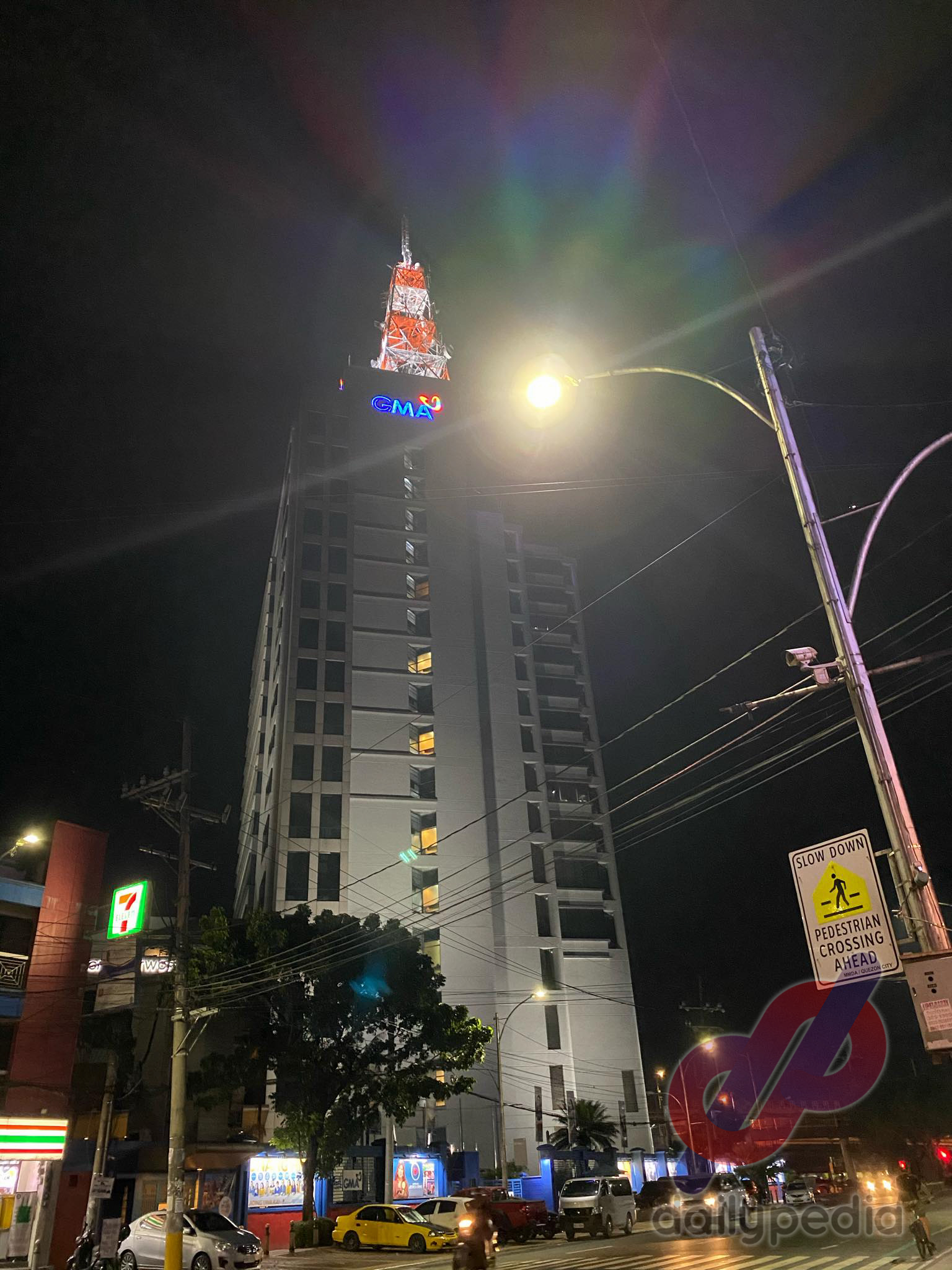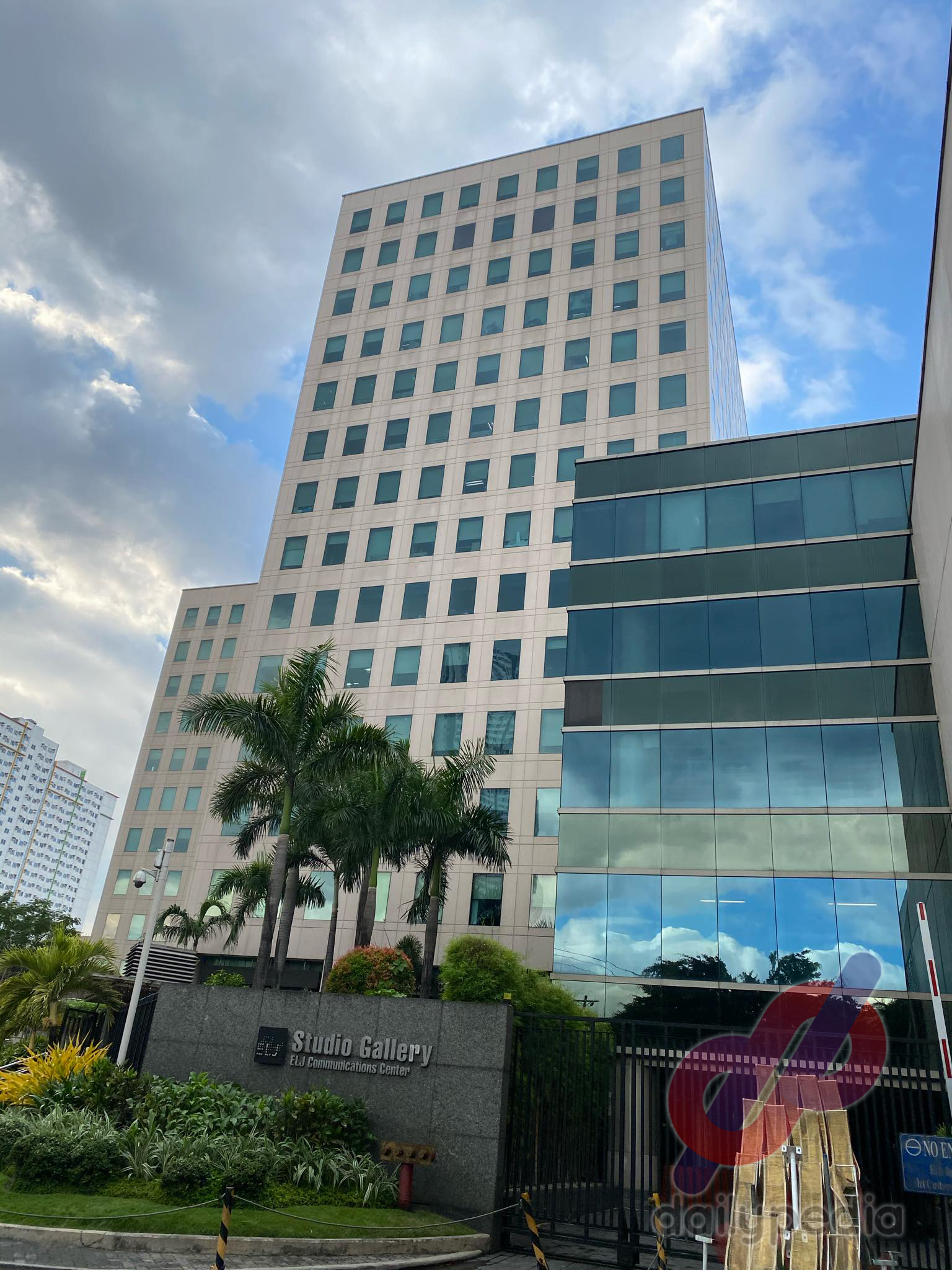In the past, no television and radio broadcast firms were shut down under the Duterte administration while their franchise renewals were deliberated on by Congress.
Like in the case of GMA Network, which was the first to be renewed under the Duterte administration, 11 days passed before lawmakers approved the measure.

But it was not shut down even when its franchise had already ended.
The committee report on Kapuso Network’s franchise was filed on December 7, 2016 and then Congress went on break on December 17, 2016.
When the 17th Congress resumed on January 16, 2017, the network’s franchise had been approved by the lower house on third and final reading.
It was then signed into law by President Rodrigo Duterte on April 21, 2017 for the period of another 25 years or until April 21, 2042.
GMA Network’s old franchise expired on March 20, 2017.
For the renewal of broadcast operations of the Catholic Bishops’ Conference of the Philippines (CBCP), it took 21 days for its permit to be approved.
But despite almost a month after its franchise expired, the CBCP, which operates radio stations across the country through its Catholic Media Network arm, continued to operate while Congress tackled bills for its new 25-year franchise.
Aside from GMA Network and CBCP, TV5 and Manila Broadcasting Company-subsidiary Pacific Broadcasting System Inc, which relays radio station DZRH in the provinces, were among those allowed to operate their businesses beyond the expiry date of their respective franchises.
In a Senate hearing that discussed the issues surrounding the franchise renewal of ABS-CBN on Monday, Justice Secretary Menardo Guevarra said Congress must still come up with a resolution for the network to be allowed to operate pending approval of its franchise renewal.
According to Guevarra, ABS-CBN’s franchise will expire on May 4 and not on March 30.
“Congress, by a concurrent resolution, may authorize the NTC (National Telecommunications Commission) to issue a provisional authority subject to terms and conditions as the NTC may deem fit to ABS-CBN and other entities similarly situated, authorizing them to continue operating subject to Congress’ eventual disposition of their renewal of the application,” he said.
Guevarra noted that the law is silent on whether a franchise holder can operate pending a congressional hearing on the renewal of its permit.
“When there is a gap in the law, equity comes in to fill the gap,” he noted, citing the need for “substantial justice.”
However, senators have expressed concerns that the NTC could easily withdraw such a provisional franchise, while the renewal bills were still being heard.
NTC Commissioner Gamaliel Cordoba replied, “Considering there is no more franchise, since it has already lapsed, then we can withdraw the provisional authority at any time, subject to the conditions.”
He noted that the terms and conditions could be placed in the joint congressional resolution.
Senate Minority Leader Franklin Drilon earlier filed a joint resolution, extending the franchise of ABS-CBN until December 31, 2022 or while the franchise renewal is still pending in the 18th Congress.
“The (provisional) authority must not be in an administrative nature that can be withdrawn at any time because of its implications to press freedom,” Drilon said.

Cordoba was also pressed by senators on why the NTC has no trouble granting provisional authorities in the past to other firms with expiring franchises, and why it even has to defer to the DOJ in the case of ABS-CBN.
He said the reason NTC sought guidance from the DOJ in the case of ABS-CBN was that in past franchises, “there were no serious objections.”
“In this case, there is even a petition for quo warranto filed by the Solicitor General. We deemed it’s prudent to seek advice from the DOJ,” Cordoba noted.
When Senate President Pro Tempore Ralph Recto asked him if the NTC had any pending issues against ABS-CBN, Cordoba said there was none.
“So you are the regulator and you are not complaining of any penalty, so far (and) were we are talking about the possibility of closing ABS-CBN,” Recto said.
“In effect, parang capital punishment… death penalty. Bakit natin isasara kung wala naman palang penalty sa inyo? Assuming may penalty, pag multahin na lang. Bakit kailangang isara?” he added.
Meanwhile, Cordoba said the alleged illegal operation of the network’s pay-per-view system would only cost P200 fine per violation based on the Public Service Act and not a revocation of the network’s franchise.
The pay-per-view issue was among the network’s alleged violations that was cited in the quo warranto petition filed at the Supreme Court (SC) by Solicitor General Jose Calida.

Calida is asking the SC to forfeit the legislative franchises of ABS-CBN for allegedly violating the terms of its franchise, including supposed violations of restrictions on foreign ownership.
As of February 23, at least 12 bills pushing for the franchise renewal of the network has been pending in the Duterte-controlled Congress.
However, the House of Representatives has yet to tackle any of the measures.
Currently, Cayetano noted that the House is already coordinating with NTC to grant the provisional authority to ABS-CBN.
Both President Rodrigo Duterte and Cayetano, who were running mates in the 2016 elections, have axes to grind with ABS-CBN.
Duterte had accused ABS-CBN of not airing his paid political ads, while Cayetano alleged that the network gave unfair air time to vice presidential candidates during the campaign.




One Comment